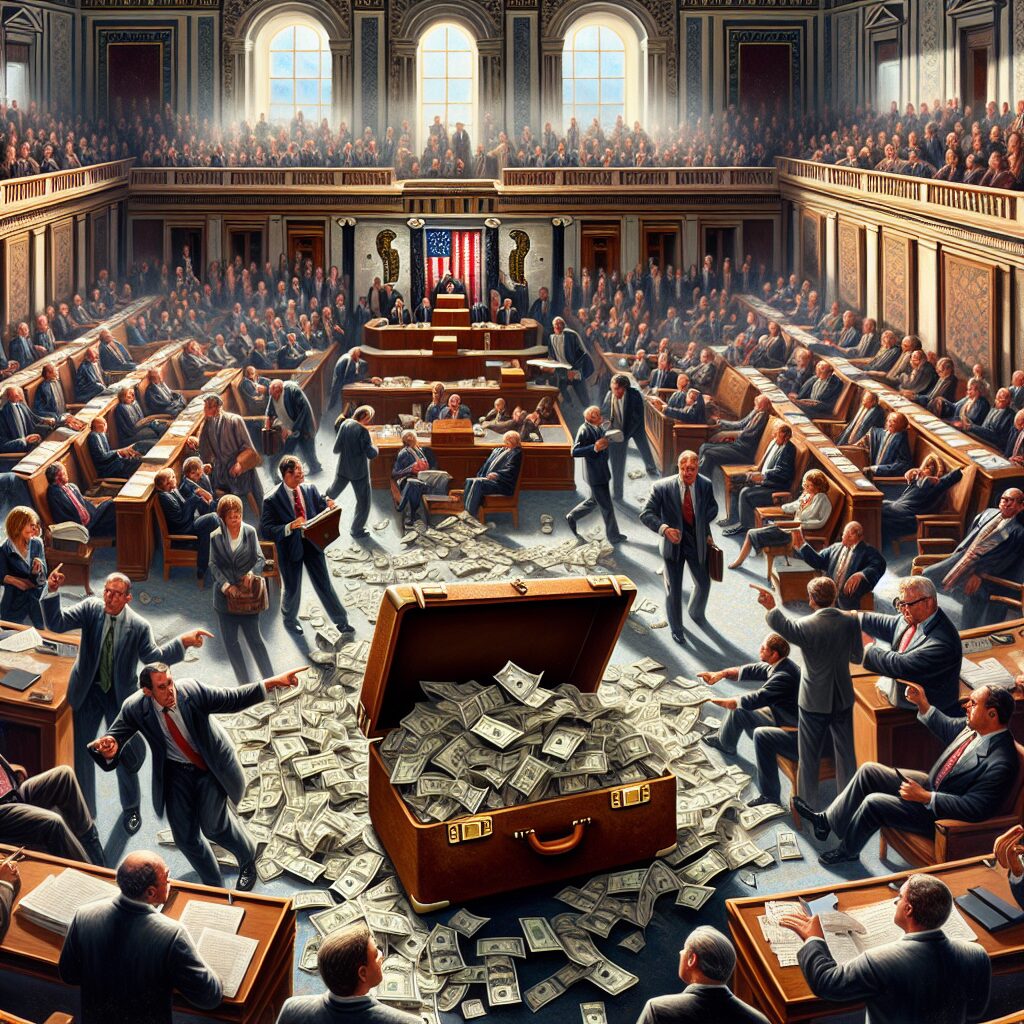A federal court has ruled that Tennessee’s pioneering statute, which imposes tight restrictions on drag performances, is unconstitutional.
U.S. District Judge Thomas Parker, who had been appointed by Trump when he was president, ruled this week that the statute is “unconstitutionally vague and significantly overbroad” and fostered “discriminatory enforcement.”
“Obscenity is unquestionably not covered by the First Amendment. However, there is a distinction between content that is considered ‘obscene’ in common usage and content that is ‘obscene’ by law,” according to Parker.
“Simply stated,” he argued, “no majority of the Supreme Court has held that speech that is sexually explicit although not obscene is afforded fewer safeguards than speech that is political, artistic, or scientific.”
Adult cabaret performances would not have been permitted on public property or in areas where children could be present under the legislation. If a performer violates the law again, they would likely face a felony charge or a misdemeanor.
Parker gave the example of a female artist imitating Elvis Presley while donning an Elvis Presley outfit, who would be subject to penalty under the drag legislation since they are a “male impersonator.”
A complaint was made in March by Friends of George’s, which is a Memphis-based LGBTQ+ theatrical group, claiming that the rule will be detrimental to their ability to conduct “drag-centric shows, comedy sketches, and plays” without age limitations.
The theatrical group stated in a statement that “this result represents a victory over hate,” adding that the decision upheld their First Amendment rights as artists.
The organization said that “our collective success depends upon people speaking out and making a stand opposing bigotry, similar to the many battles the LGBTQ+ community has encountered over the past several decades.”
Republican senator and majority leader in the Senate Jack Johnson expressed disappointment with the decision. Johnson was one of the law’s primary proponents.
Johnson added, “Sadly, this decision is a victory for people who support subjecting children to sexual entertainment,” and he hoped the state’s attorney general would appeal the “perplexing decision.”





